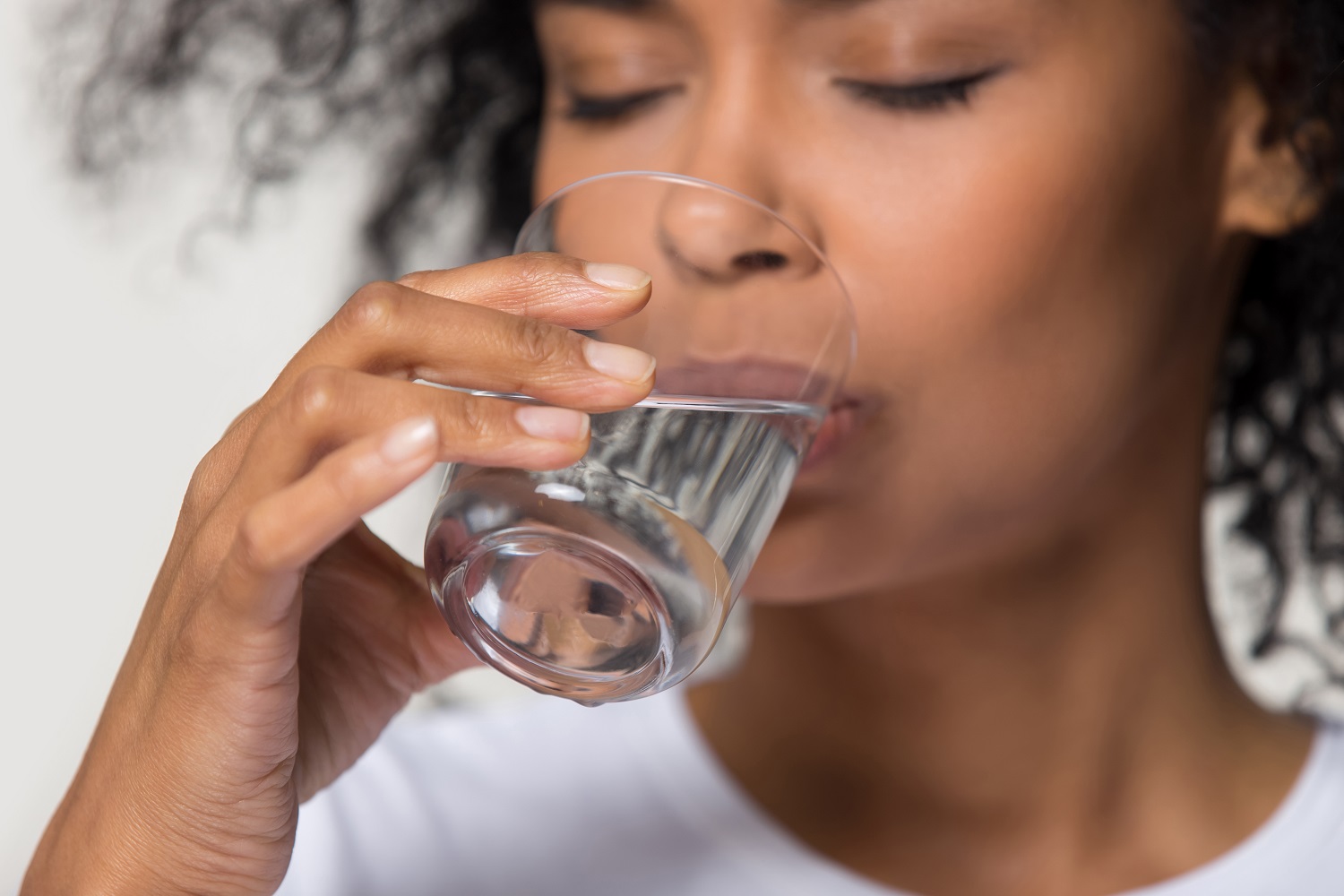
12 Oct 5 Causes of Dry Mouth
 If you have woke in the night feeling absolutely parched or have gone through the day with the continued feeling of cottonmouth, you may be experiencing xerostomia, more commonly known as dry mouth. Dry mouth occurs when salivary glands do not produce enough saliva to keep the mouth moist. Decreased production of saliva can occur for a number of reasons from minor nuisances to larger health issues. What is saliva and the causes of dry mouth?
If you have woke in the night feeling absolutely parched or have gone through the day with the continued feeling of cottonmouth, you may be experiencing xerostomia, more commonly known as dry mouth. Dry mouth occurs when salivary glands do not produce enough saliva to keep the mouth moist. Decreased production of saliva can occur for a number of reasons from minor nuisances to larger health issues. What is saliva and the causes of dry mouth?
The Role of Saliva
Salivary glands produce 4-8 cups of saliva daily and play a critical role in the health of our mouth and whole body. Saliva is comprised of 98% water with the other 2% comprised of important substances such as enzymes to break down food and aid in the digestive process. Saliva also contains electrolytes for hydration, white blood cells, antimicrobial agents, and acid neutralizers to prevent tooth decay. The list is long and the benefits to our health are extensive.
Dry mouth may present itself in different ways:
- A dry or sticky feeling in the mouth
- Saliva that feels too thick or stringy
- A dry throat and frequent thirst
- Hoarseness, sore throat, trouble swallowing
- A change in or loss of taste
- Difficulty chewing or speaking
- Cracked lips, splits in corners of the mouth, mouth sores
- Bad breath
- Discomfort wearing dentures
Dry mouth can be temporary or long-term. Lack of saliva production can lead to increased plaque in the mouth, yeast infection (thrush), sores, and poor nutrition. Being aware of your body and addressing health changes with your health care provider is the first step.
5 Potential Causes of Dry Mouth
DEHYDRATION: Lack of water throughout the day can cause temporary dry mouth. More severe dry mouth can occur as the result of diarrhea, vomiting, fevers, and general sweating.
MEDICATIONS: More than 90 percent of dry mouth is caused by non-prescription and prescription medications including decongestants to treat colds and sinus congestion, anti-anxiety or depression, pain killers and muscle relaxers, some asthma inhalers, and blood pressure medication.
AGING: Dry mouth is not part of the aging process but is more common in older adults as the result of decreased consumption of water, inadequate nutrition, certain medications, and health conditions.
ILLNESS OR DISEASE: Diabetes, rheumatoid arthritis, Alzheimer’s, Sjögren’s syndrome, and other autoimmune diseases can contribute to dry mouth. Radiation and chemotherapy can alter the amount of saliva the body produces and may disappear after treatment.
TOBACCO AND ALCOHOL: Tobacco, alcohol, and recreational drug use including marijuana, can alter saliva production and damage teeth in the process.
Treating Dry Mouth
Some basic remedies may help with dry mouth, but should not be considered a cure.
- Stay hydrated by following the 8 x 8 rule = Eight 8-ounce glasses of water per day.
- Chew sugar-free gum to help produce saliva and flush food particles from the mouth.
- Suck on sugar-free lozenges, especially those with xylitol to generate saliva.
- Avoid peroxide-containing toothpaste or alcohol-based mouthwashes.
- Stop smoking, eliminate sugar, and reduce caffeine and alcohol consumption.
- Use a humidifier to generate moisture in your environment.
Improving overall dental hygiene is critical to protecting the health of your mouth including dry mouth. Brush two times per day for 2 minutes each time, floss, and rinse in the evening before bed. Visit your favorite dental hygienist for twice-annual cleanings and a general oral checkup.
Dry mouth can be minor or major, temporary, or permanent. As with any health concern, the persistent presence of dry mouth should be addressed with your family dentist. At Imperial Dental Center we care about you as a member of our family. Contact us today at (281) 265-3567 to schedule a dental wellness checkup, or schedule an appointment online.

Dr. Dragana Angelova
We Love to See You Smile

